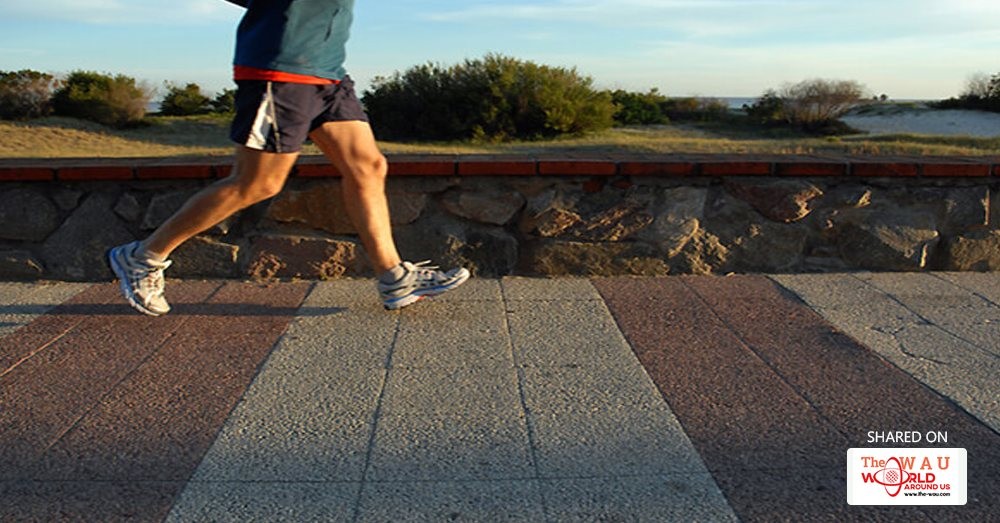Cardio has become a very popular exercise as it is an excellent way to burn off excess calories. Cardio exercises trigger fat burn, as your body utilizes fat reserves to meet your energy requirements. There are some people who believe that doing a cardio workout on an empty stomach will increase fat loss as it will force your body to burn fat to provide you with the energy you need.
However, there are many studies that show that exercising on an empty stomach can do more harm than good. Here are the effects of fasting cardio.
Does Fasting Cardio Really Work?
“Fasting cardio will not cause fat burn, but instead results in muscle loss”
Our body stores carbohydrates in the form of glycogen within our muscle tissues. This is the preferred source of fuel, so when you exercise, your body first turns to glycogen to produce the required energy before turning to fat. Your levels of glycogen decrease through the night and are almost depleted by the time you wake up. Proponents of the fasting cardio technique believe that exercising at this point when your glycogen levels are low will force your body to use up fat as fuel.
The fasting cardio technique may seem logical at first glance, but unfortunately it is not backed by medical fact or scientific research. The human body can store glycogen for approximately 12 hours before it needs to be replenished. Your body requires glycogen in order to metabolize fat, so if you exercise when your glycogen levels are low, your body is unable to use your fat reserves and instead it turns to… your MUSCLE! That’s right, fasting cardio will not cause fat burn, but instead will result in muscle loss.
Why You Actually Need To Eat Before Your Workout
“Exercising after a meal will actually increase calorie expenditure, as well as fat metabolism”
Researchers conducted a test to verify the differences in energy expenditure, as well as fat metabolism in fasting and feeding conditions after a 36-minute cardiovascular workout. The test participants who exercised after a meal had a higher caloric expenditure as compared to the group that exercised after fasting.
Furthermore, the group that exercised after their meal also had better “lipid utilization” – which means that they burned more fat as fuel. What was surprising is that these effects lasted for 24 hours after the cardio workout. The findings of these tests prove conclusively that exercising after a meal has a better outcome as compared to exercising after fasting.
Our Advice
To get the most out of your cardio workout, you should first determine your target heart rate. Once you start your workout and you reach your target rate, you should stay at that level for a minimum of 10 minutes. Aim for a target heart rate of 150 bpm (beats per minute) if you’re 30 years old – you can use a heart rate calculator to track this. Exercising for a prolonged period at this level will result in 60 % of your energy expenditure coming from fat reserves.
Share This Post















